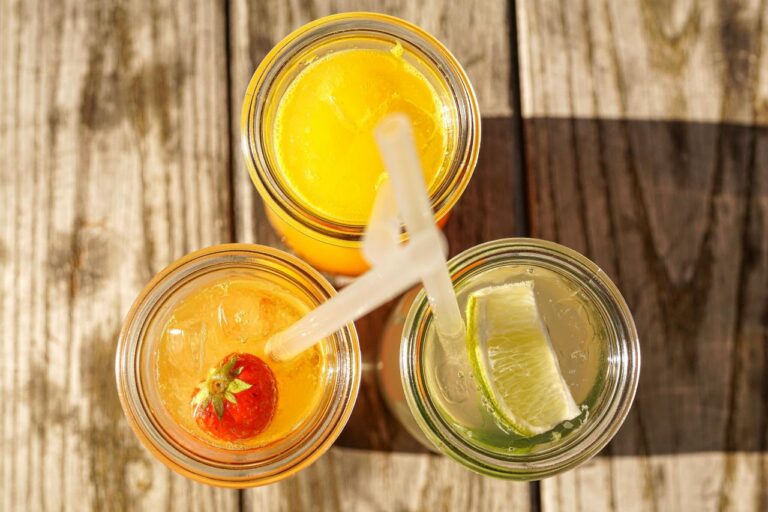Drinking one glass or more of 100% fruit juice each day is associated with weight gain in children and adults, according to a new analysis of 42 previous studies.
The research, published Tuesday in JAMA Pediatrics, found a positive association between drinking 100% fruit juice and BMI — a calculation that takes into account weight and height — among kids. It also found an association between daily consumption of 100% fruit juice with weight gain among adults.
100% fruit juice was defined as fruit juices with no added sugar.
The increases were small — among children, for example, each additional serving per day was associated with a 0.03 higher BMI — but it did vary depending on age, with BMI increases appearing greater for younger children.
“Our analyses suggested that younger children,” those under 11 years old, “showed a greater BMI gain per every 8-oz additional serving per day of 100% fruit juice than the older children,” the study noted.
Does this mean you should skip juice entirely? Not necessarily — but the study does suggest being more mindful about how much you consume.
“Our findings are in support of public health guidance to limit consumption of 100% fruit juice to prevent overweight and obesity,” the authors write.
It also raises the question: If fruit is good for you and recommended as part of a healthy diet, why can 100% fruit juice lead to weight gain? The authors point to “liquid calories” as a possible factor.
“A potential mechanism linking 100% fruit juice to weight gain is the consumption of liquid calories, which has been shown to result in greater weight gain compared with the ingestion of solid calories,” they note.
Juice contains “little to no fiber compared with the whole fruit form, resulting in low satiety,” they add, meaning that juice will not make you feel as full as eating fruit itself.
The authors also note their findings are in line with American Academy of Pediatrics guidelines that children younger than 6 should consume “less than a glass of fruit juice per day,” with a typical glass being an 8 ounce serving.
The AAP and the Centers for Disease Control and Prevention also advise that children younger than 1 should avoid juice entirely.
The AAP’s guidance for other ages are as follows:
- Children 1 to 3 — limit juice to 4 ounces daily.
- Children 4 to 6 — limit to 6 ounces daily.
- Children 7 to 18 — limit to 8 ounces daily.
If you want to enjoy that fruit flavor with fewer calories, the CDC recommends adding a splash of 100% juice to plain or sparkling water for a “refreshing, low-calorie drink.”
Source: cbsnews
